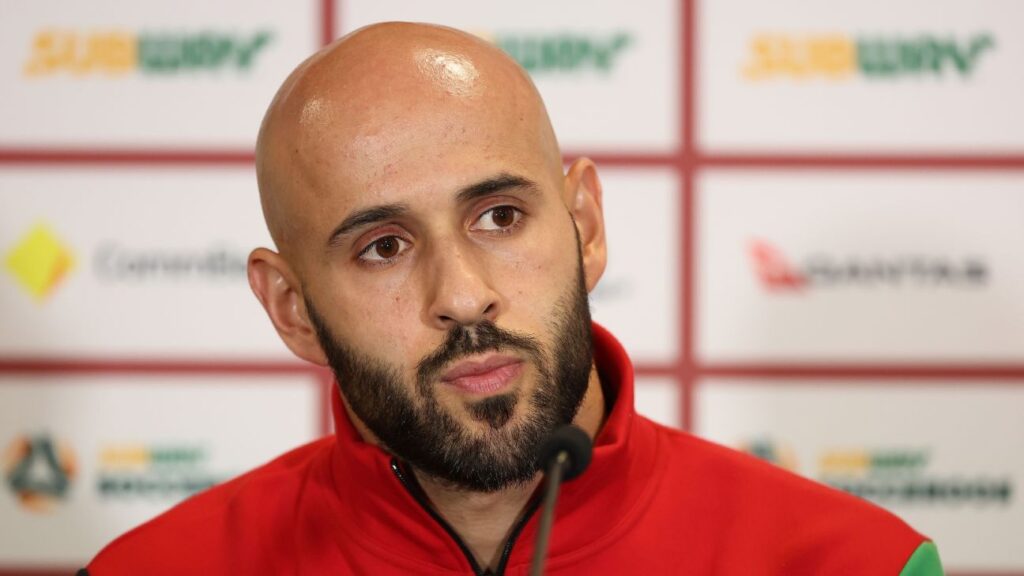Football News: Palestine’s National Team Eyes World Cup Qualification and Return to Home Turf
In a remarkable feat, Palestine’s men’s national football team has booked its place in the final rounds of World Cup qualification for the first time, raising hopes of a peaceful resolution to the Israel-Hamas conflict that would allow them to return to playing on home soil.
Ahead of their final game of this qualification phase against Australia in Perth, Palestine midfielder Mohammed Rashid emphasized the significance of playing at home, stating, “Playing at home for any team is a great motivation. It’s a strength, it’s the biggest advantage any team will have.” Unfortunately, due to security concerns, Palestine hasn’t played a true home game since 2019, when they held Saudi Arabia to a 0-0 draw in front of a capacity crowd at the Faisal Al-Husseini International Stadium in the West Bank.
Rashid expressed his team’s desire to once again play in front of their passionate supporters, saying, “We’re praying to God that sometime soon we will be able to do that, especially in the next round.” He acknowledged the challenges they have faced, noting, “[Not playing at home] is the hardest [thing] that we have faced so far. Dealing with it, we kind of got used to it now but it’s never the same.“
Despite these obstacles, Palestine has booked their place in the next round of qualifiers for the expanded 2026 FIFA World Cup, which will see the two group winners advance directly, while the third and fourth-placed teams move into a fourth round with further automatic slots and an intercontinental playoff pathway on offer.
Rashid expressed the team’s ambitious dream, saying, “[World Cup qualification is] the dream, it’s a big dream. This is something that we’re all looking forward to, to at least get close to that. Because it gives us a chance to raise the name of Palestine to the whole world, the World Cup is the biggest platform for this.“
As a gesture of solidarity, a select group of Australian Socceroo players will donate a portion of their match fees to Oxfam’s humanitarian efforts in Gaza, joined by the Australian player’s union, Professional Footballers Australia (PFA). Donations will also be made to the UNHCR’s aid efforts in the Cox’s Bazar refugee camps in Bangladesh.
PFA president Jackson Irvine emphasized the importance of using football as a means to have a positive impact, stating, “Through football, we have the privilege of seeing the world and in doing so we have an opportunity to attempt to have a positive impact both at home and abroad.“
As Palestine’s national team continues its historic quest for World Cup qualification, their journey has become a beacon of hope for their people, showcasing the power of football to transcend political boundaries and bring communities together.
🔗 Source
